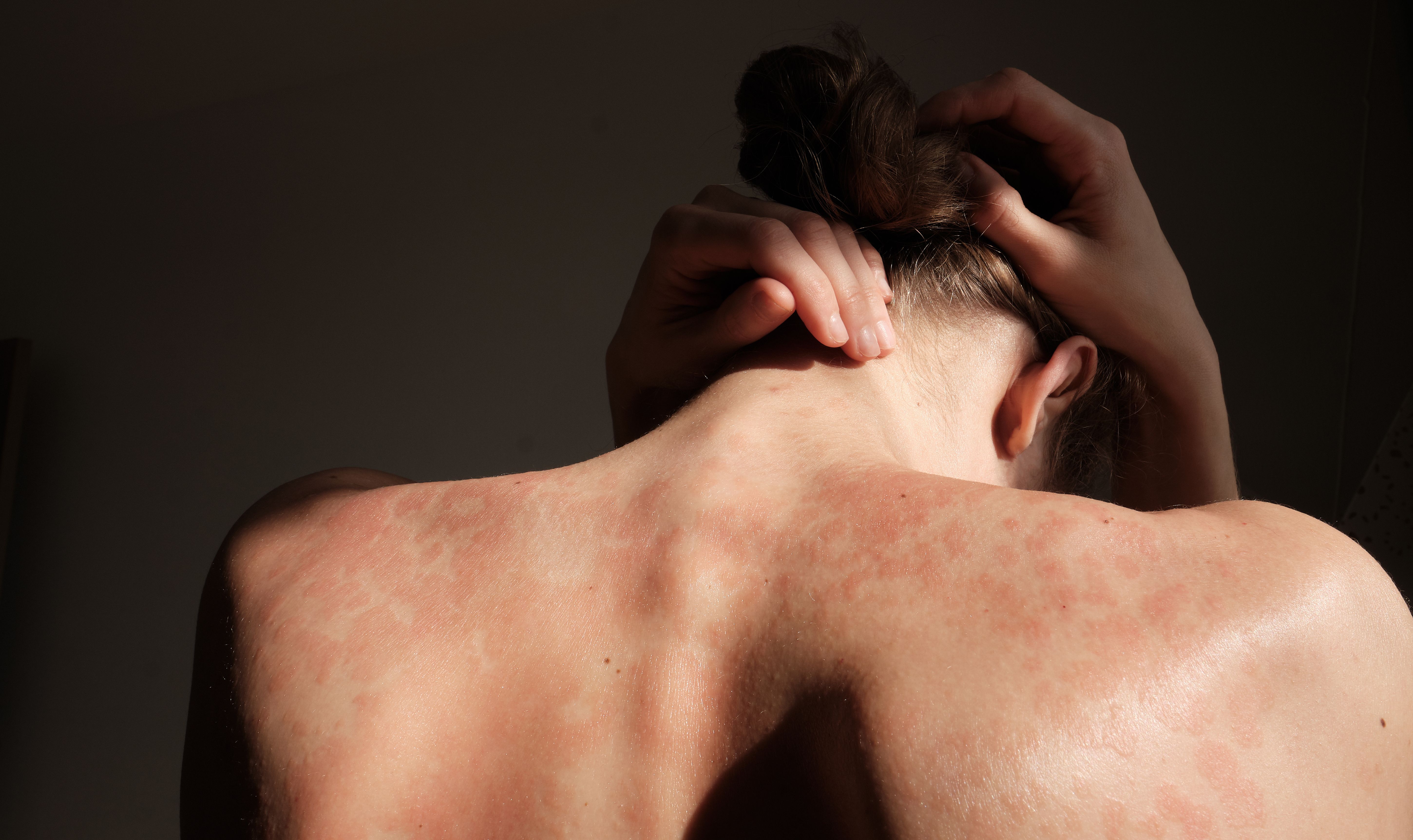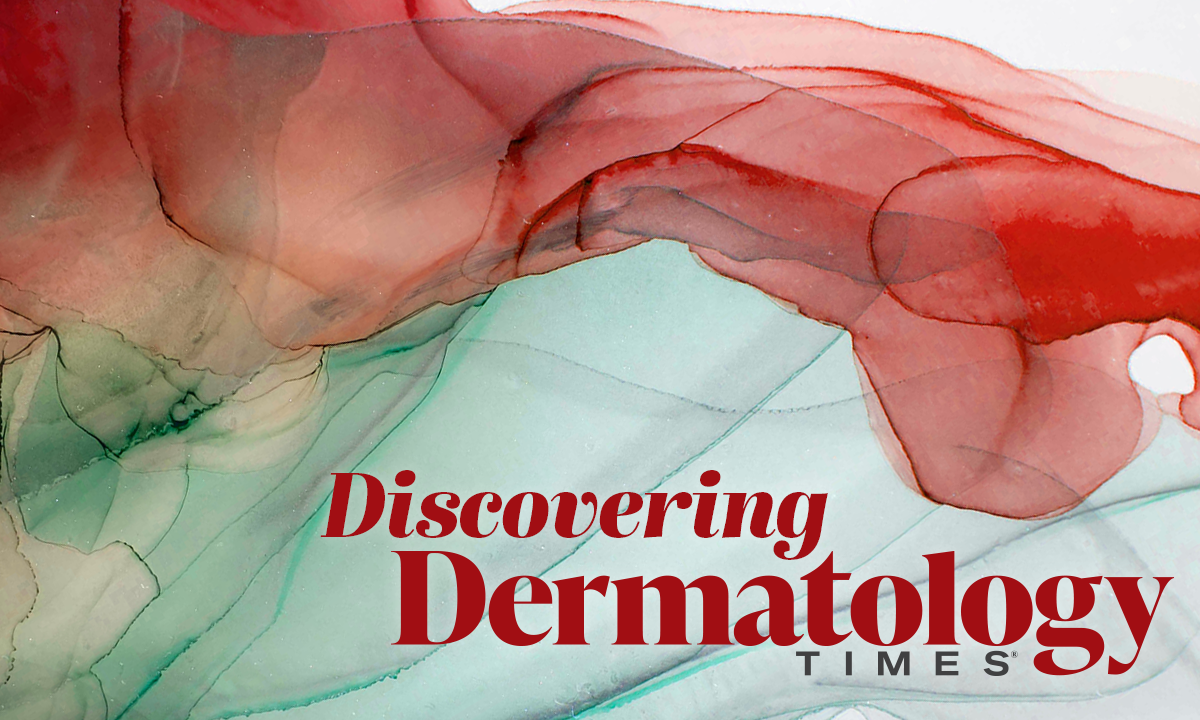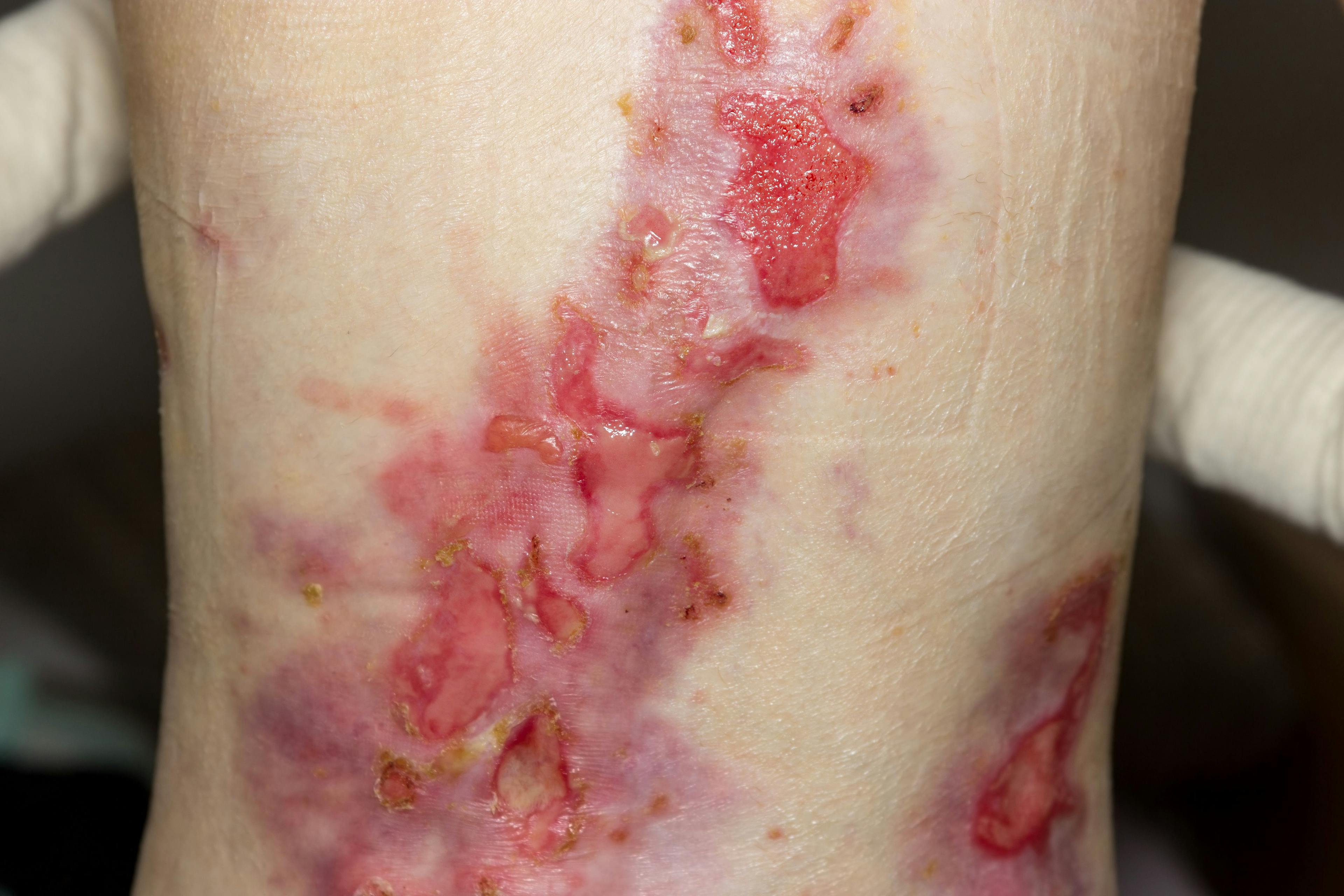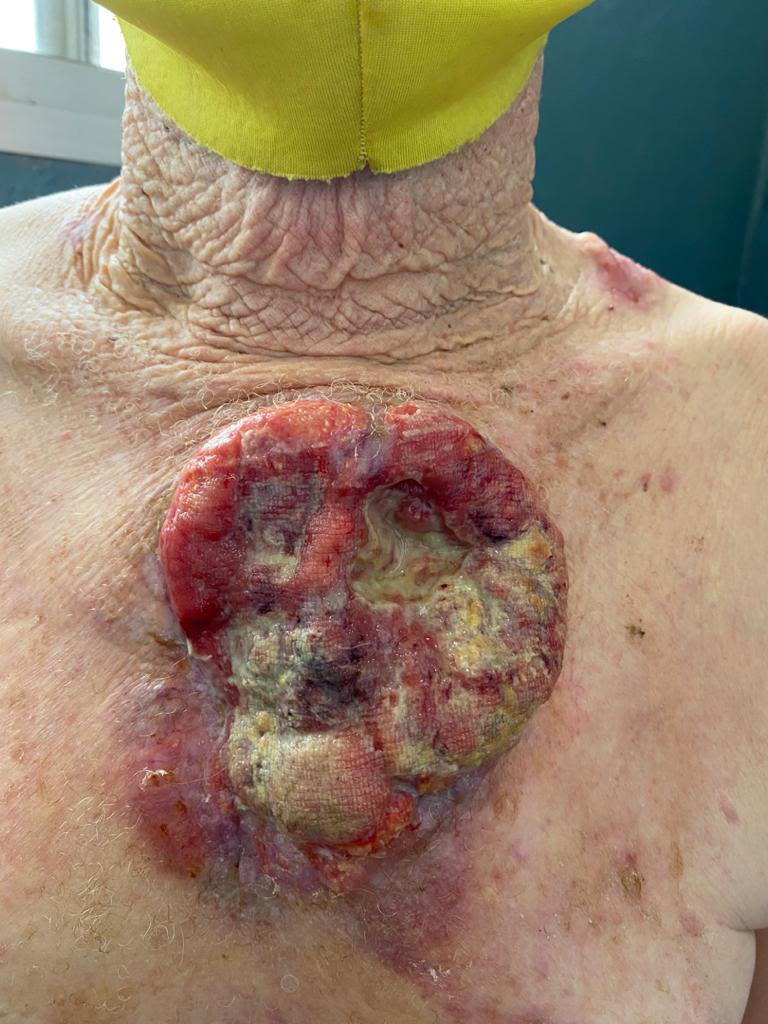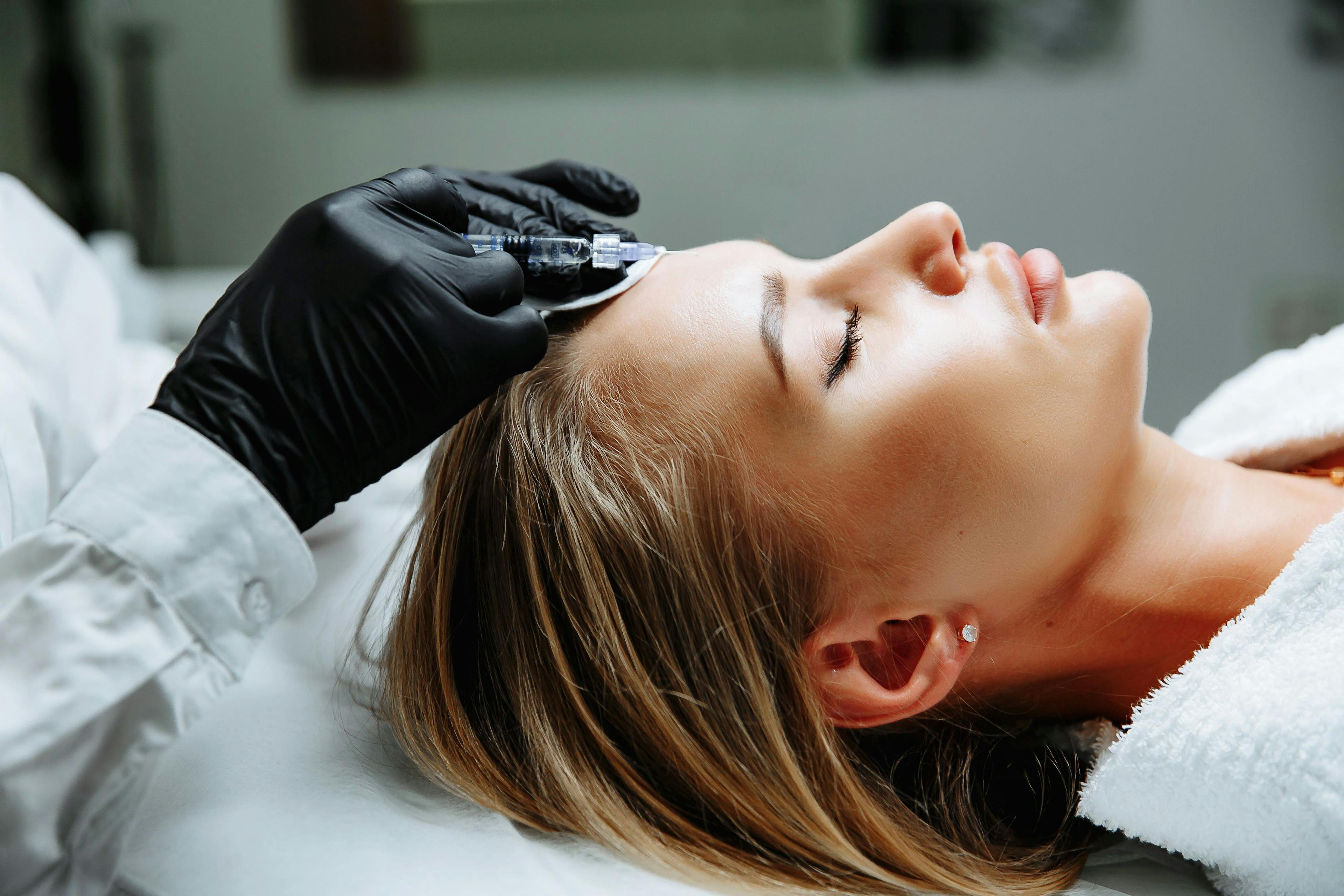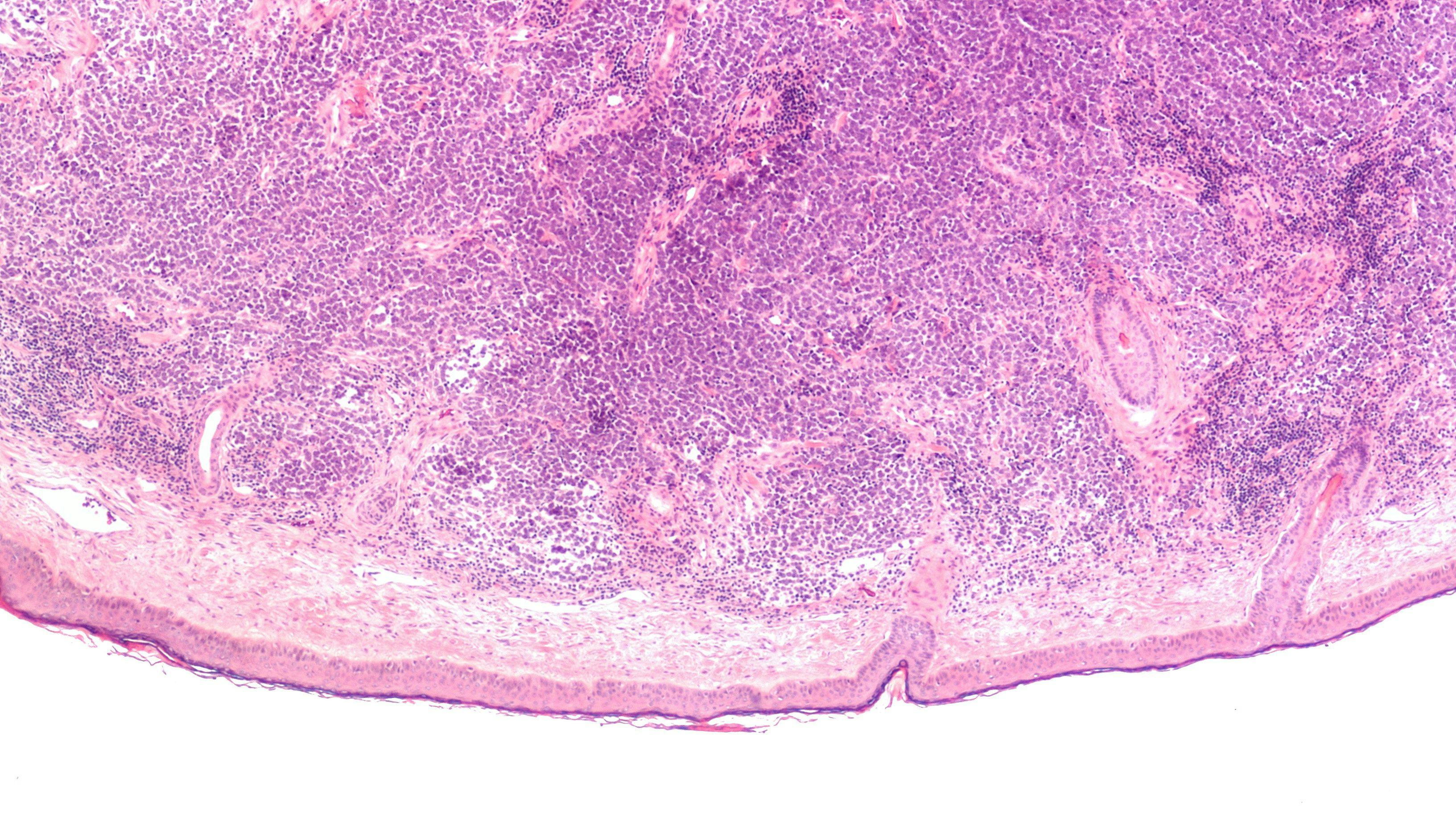- Acne
- Actinic Keratosis
- Aesthetics
- Alopecia
- Atopic Dermatitis
- Buy-and-Bill
- COVID-19
- Case-Based Roundtable
- Chronic Hand Eczema
- Chronic Spontaneous Urticaria
- Drug Watch
- Eczema
- General Dermatology
- Hidradenitis Suppurativa
- Melasma
- NP and PA
- Pediatric Dermatology
- Pigmentary Disorders
- Practice Management
- Precision Medicine and Biologics
- Prurigo Nodularis
- Psoriasis
- Psoriatic Arthritis
- Rare Disease
- Rosacea
- Skin Cancer
- Vitiligo
- Wound Care
Publication
Article
Dermatology Times
Study Observes Correlations Between COVID-19 and Psoriasis
Author(s):
A recent study found no correlation between a genetic predisposition to psoriasis or systemic treatment for psoriasis and an increase in the severity of COVID-19 illness.
Because COVID-19 has brought forth a myriad of health issues, researchers wanted to discover whether a relationship existed between a genetic predisposition for psoriasis and/or systemic treatment for psoriasis, and susceptibility to COVID-19. A recent study in the Journal of the American Academy of Dermatology1 refutes previous findings that individuals with psoriasis were more likely to contract COVID-19.2
Recognizing the bidirectional link between psoriasis and infectious disease and previous conjecture regarding COVID-19, Christos V. Chalitsios, PhD, Department of Hygiene and Epidemiology, School of Medicine, University of Ioannina, Greece, and colleagues conducted an updated Mendelian randomization (MR) analysis. The investigators obtained summary statistics on psoriasis from the largest genome-wide association study (GWAS) on Europeans,3 several sensitivity analyses to examine the MR assumptions from the earlier study,2 and genome-wide summary statistics on COVID-19 from the latest available data (round 7) from the COVID-19 Host Genetics Initiative, which included the analysis of all available phenotypes.4
Christos V Chalitsios, PhD, Department of Hygiene and Epidemiology, School of Medicine, University of Ioannina, Greece.

Susceptibility of Catching COVID-19 With Psoriasis
The GWAS meta-analysis of patients of European ancestry with psoriasis included 13,229 dermatologist-diagnosed cases of psoriasis with 21,543 controls.3 Little evidence for horizontal pleiotropy (MR-Egger intercept, P = .499, P = .106, and P = .106) was found. The MR analysis found no association between a genetic predisposition to psoriasis and an increased susceptibility to contracting COVID-19. Even after correcting for outliers, no association was found with any COVID-19 phenotype.
The leave-one-single nucleotide polymorphism out analysis revealed no single influential nucleotide polymorphism. Evaluating the bidirectional association showed that having a genetic predisposition to COVID-19 did not increase the risk ofdeveloping psoriasis.
Chalitsios et al used several sensitivity analyses and none supported a causal association between psoriasis and the severity of COVID-19 disease. Furthermore, the study findings did not support previous study results by Gu et al2 that a genetic predisposition to psoriasis is associated with a greater degree of susceptibility to contracting, being hospitalized, or developing severe illness because of COVID-19 in Europeans.
Chalitsios and colleagues explained the enhanced data used in their study may be why their findings are not congruent with those from the previous MR study.2 There were 13,229 participants in the Chalitsios et al study compared with 3871 participants in the earlier study. Similarly, psoriasis was self-reported in the previous study, leading to a high degree of misclassification, and Gu et al did not use the most recent COVID-19 data, which included a significantly higher number of cases.4 Finally, the current study used the more descriptive phenotypes “COVID-19 hospitalized vs population” and “COVID-19 severe vs population” while the earlier study used the less robust phenotype “COVID-19 vs population.”
Their findings align with information from the National Psoriasis Foundation (NPF). In a podcast, Dermatology Times editorial board member Mark G. Lebwohl, MD, the professor and chairman emeritus of the Kimberly and Eric J. Waldman Department of Dermatology, Icahn School of Medicine at Mount Sinai in New York, New York, and Stacie Bell, PhD, chief scientific and medical officer at the NPF, said those with psoriasis should not worry about the disease making them more likely to catch COVID-19.5 “Psoriasis in general is too active an immune system, not immunosuppressed, so I would not worry about psoriasis setting you up for infection with coronavirus,” said Lebwohl.
Systemic Therapies and COVID-19 Case Severity
In a study of 104 patients, investigators found that patients receiving systemic therapy for psoriasis did not have an increased likelihood of developing a severe case of COVID-19.6
Their retrospective cohort study used the Research Patient Data Registry to identify patients with psoriasis (International Statistical Classification of Diseases, Tenth Revision, code L40) and positive COVID-19 reverse transcriptase–polymerase chain reaction, between March and May 2020. Inclusion criteria included receiving systemic therapy for at least 3 months.
According to Lima et al, “There were no significant differences in the severe composite outcome [SCO] or other outcomes between patients taking or not systemic therapies. 8.3% of patients on biologics, 20% of patients on methotrexate and 16.4% of patients not on systemic therapy had the SCO. Adjusting for age and diabetes, systemic therapy remained not associated with our main outcome (odds ratio, 0.82; 0.21-3.24, P = 0.77).”
Comorbidities and demographics were similar between the groups receiving systemic therapy and those not receiving therapy treatment.
Similar to these findings, Di Yan, MD, Ronald O. Perelman Department of Dermatology, NYU Grossman School of Medicine, New York, New York, et al found that biologic therapies for psoriasis did not increase the risk of developing severe COVID-19.7 Researchers recruited 173 adults with psoriasis and/or psoriatic arthritis from 2 New York hospitals. Yan et al determined that the use of biologic therapies, including methotrexate, oral glucocorticoids, and apremilast, did not contribute to increased COVID-19 severity.7 Specifically, for the patients on methotrexate, 19.0% of the patients had COVID-19 and 18.2% had severe COVID-19, whereas 21.7% were controls. Demographics between the group contracting COVID-19 and those not contracting COVID-19 were similar.
Data on Psoriasis and COVID-19 Severity
The findings of these studies suggest no correlation between a genetic predisposition to psoriasis or systemic treatment for psoriasis and an increase in the severity of COVID-19 illness. “[The] top takeaway message was the finding that patients with psoriasis are not predisposed to being infected or having worse outcomes of COVID-19,” Chalitsios told Dermatology Times. The American Academy of Dermatology Association’s most recent recommendations include that those currently on systemic treatment for psoriasis who have not tested positive for COVID-19 and are not showing symptoms of illness should continuetheir therapy.8
References
- Chalitsios CV, Tsilidis KK, Tzoulaki I. Psoriasis and COVID-19: a bidirectional Mendelian randomization study. J Am Acad Dermatol. 2022;88(4):893-895. doi:10.1016/j.jaad.2022.10.019
- Gu X, Chen X, Shen M. Association of psoriasis with risk of COVID-19: a 2-sample Mendelian randomization study. J Am Acad Dermatol. 2022;87(3):715-717.
- Tsoi LC, Stuart PE, Tian C, et al. Large scale meta-analysis characterizes genetic architecture for common psoriasis associated variants. Nat Commun. 2017;8:15382. doi:10.1038/ncomms15382
- COVID-19 Host Genetics Initiative. The Covid-19 Host Genetics Initiative, a global initiative to elucidate the role of host genetic factors in susceptibility and severity of the SARS-CoV-2 virus pandemic. Eur J Hum Genet. 2020;28(6):715-718. doi:10.1038/s41431-020-0636-6
- National Psoriasis Foundation. PsoundBytes. Coronavirus and psoriatic disease: your questions answered. March 27, 2020. Accessed June 8, 2023. https://www.psoriasis.org/watch-and-listen/coronavirus-and-psoriatic-disease-your-questions-answered/
- Lima XT, Cueva MA, Lopes EM, Alora MB. Severe COVID-19 outcomes in patients with psoriasis. J Eur Acad Dermatol Venereol. 2020;34(12):3i776-e778. doi:10.1111/jdv.16867
- Yan D, Kolla A, Young T, et al. COVID-19 outcomes in patients with psoriasis and psoriatic arthritis: a prospective cohort study. JAAD Int. 2022;8:31-33
- American Academy of Dermatology Association. Guidance on the use of medications during COVID-19 outbreak. October 2020. Accessed June 9, 2023. https://assets.ctfassets.net/1ny4yoiyrqia/PicgNuD0IpYd9MSOwab47/2461e6c12cd88953632a13cd68952b71/Guidance_on_medications__10-12-20.pdf
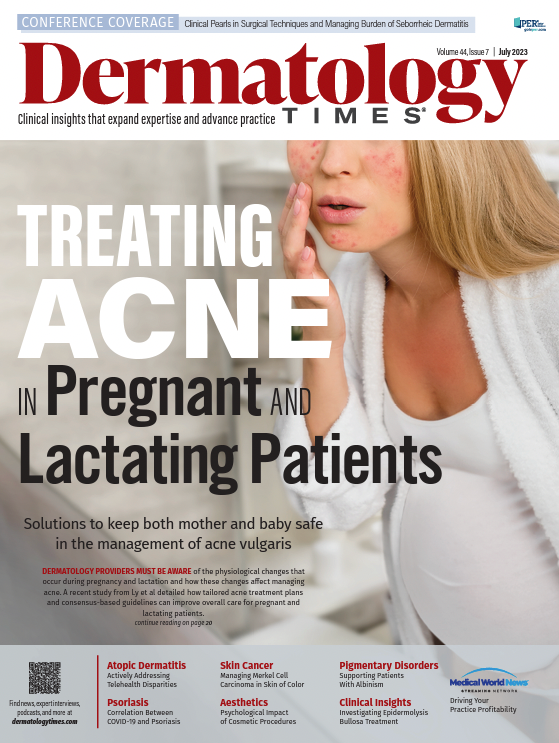
Newsletter
Like what you’re reading? Subscribe to Dermatology Times for weekly updates on therapies, innovations, and real-world practice tips.

